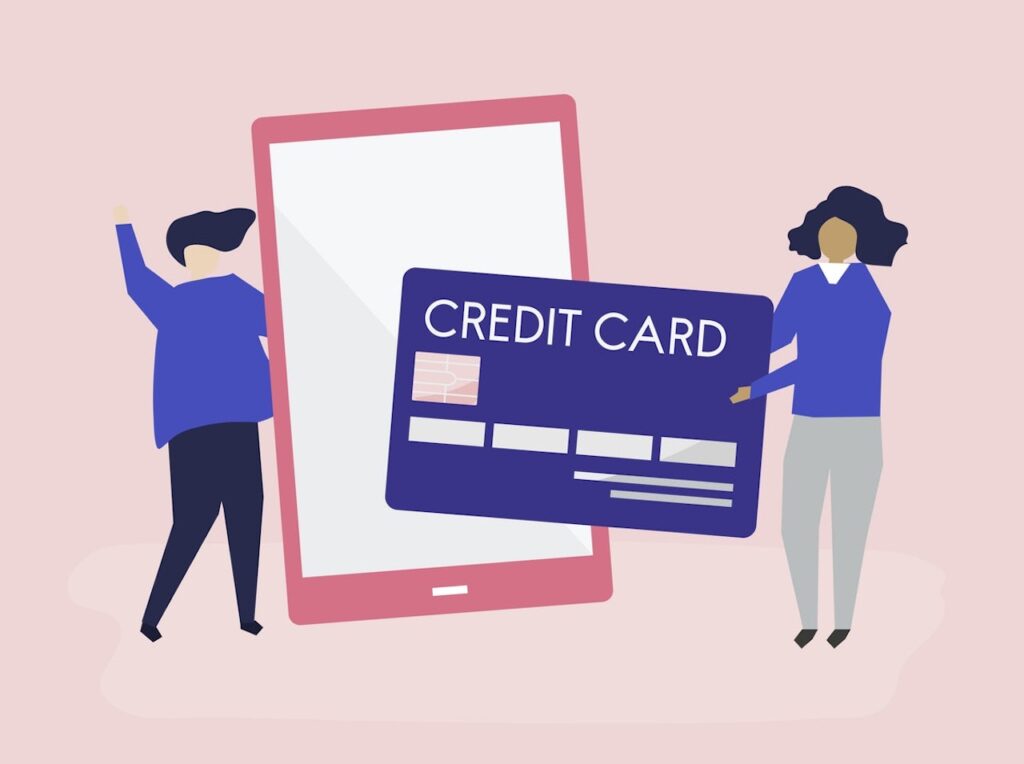
Debt is an issue affecting an increasing number of Brits as the coronavirus pandemic wears on. Back in September 2020, Citizens Advice estimated that 6 million UK adults had fallen behind on at least one payment during the pandemic. We fear that number is even higher now.
In fact, just last week the BBC reported that a debt time bomb was awaiting thousands of households, exacerbated by coronavirus restrictions, a tightening job market and a growing mental health crisis across the UK. And this thing is, sadly, cyclical; falling into debt can cause issues not only for your financial health, but also for your physical and mental wellbeing, with money woes a leading cause of stress. When this stress makes finding work or holding down a job difficult, things can quickly spiral.
It’s therefore vital for those struggling with their bills to implement a few workable approaches in their everyday life which can help get the situation under control. If you’re having trouble paying off your debts, then here are 5 practical things to do.
BE HONEST ABOUT THE SEVERITY OF THE SITUATION
The first step to recovery is acceptance. And in cases of debt, if you don’t accept that there is an issue, then it’s going to be extraordinarily hard to find help. Banks, lenders, credit card companies, accountants, even the courts, are all going to need a full picture of your financial situation before they can provide the best possible advice according to your unique position.
So, the first thing to do is to assess the severity of your debt situation to determine what level of help is needed. The occasional dalliance with the minus digits shouldn’t set the alarm bells ringing with you or your bank, but a long period of time spent in the red, or those negative numbers getting incrementally larger, should represent cause for concern.
Sit down with a pen, paper, spreadsheet and bank statements and look at how much you owe and to who, and be comprehensive about it. Structure the debts in order of size and also take into consideration the minimum repayments you’re required to make and which debts hold the highest (and therefore most pressing) interest rates. From there, you’ll be able to prioritise your pay offs.
PAY OFF CREDIT CARDS PRIOR TO IMPULSIVE PURCHASES
The problem with debt is that once you start owing money, it’s just too easy to fall deeper and deeper into the red. Overdraft or late repayment fees only increase in severity the greater debt you’re in, so it’s prudent to prioritise paying off credit cards in full before you go on a shopping spree.
So many of us are over-reliant on our credit cards because they offer an instantaneous financial solution. The issue is that this solution only leads to further problems. Until your debts are paid off, try to only buy things you can afford at that moment on a debit card or with cash.
Paying interest on loans and credit cards is, quite simply put, a waste of money, and the faster you pay off your debts, the less interest you pay. This will also help you to establish a great credit rating, all of which contributes to a more stable, sensible state of finances for many years to come.
RESTRUCTURE DEBTS
As we mentioned earlier, help is available. As such, do consider the possibility of transferring debts to a more manageable place.
You could look at consolidating the debts into a single loan, as this can make your monthly outgoing less, may save on interest and most importantly, give you a sense of control in terms of your finances and, ultimately, your life. There are often ways to transfer credit cards to lower interest ones or even cards that offer an introductory 0% time period to new customers.
If the situation truly is beyond salvaging, then you could consider insolvency options. Though quite severe and likely to have a major effect on your credit rating, such arrangements can help you get debt free after an agreed number of years.
Generally, this will be done via an Individual Voluntary Arrangement or IVA but essentially they are an arrangement between you and the person you owe the debt to, in which you agree to pay a certain amount each month for a set period of time. When this time is up, any outstanding debt is automatically forgiven and you will be debt-free. It is a compromise between you and your lender because you will have to pay some money back and they will help to give up some of what is owed to them.
Do be aware that an IVA will negatively affect your credit score for many years, and your name will be added to a register. You can search the bankruptcy and insolvency register online via the Government’s official page.
ANALYSE YOUR OUTGOINGS WITH A FINE TOOTH COMB
Hopefully your budget stretches to a fine tooth comb; you’re going to need one.
In all seriousness, if you aren’t already in the habit of going over your monthly budget meticulously – or worse, you don’t have a monthly budget – now is the time to start doing so. By scrutinising your incomings, outgoings, bills, subscriptions, and contracts, you may well reveal areas where you’re spending too much, or items you’d completely forgotten about!
Honestly, you’d be surprised at the amount of Brits who have subscriptions or memberships which they no longer use but still very much pay for. Last year (and it should be noted, prior to the pandemic), This Is Money reported that Brits waste £25 billion annually on unused contracts. We daren’t imagine how much higher that figure is now.
Could you be contributing to that statistic? There’s only one way to find out, and it involves that fine tooth comb we mentioned earlier, whatever one of those actually is. Give all of your subscriptions an audit and identify what might be necessary during this time.
ADVICE IS AVAILABLE
If you want to speak to someone for help, there are several debt advice charities operating in the UK right now who can give you free, non-judgmental guidance on your financial situation.
You can access free, personalised advice over the phone at:
- National Debtline – 0808 808 40 00
- StepChange – 0800 138 11 11
- Debt Advice Foundation – 0800 622 61 51
- PayPlan – 0800 280 2816
- Money Advice Service – please use their website for contact details
These charities all have online help, too.
Also, check out these 6 simple hacks to save money each month for more advice!





